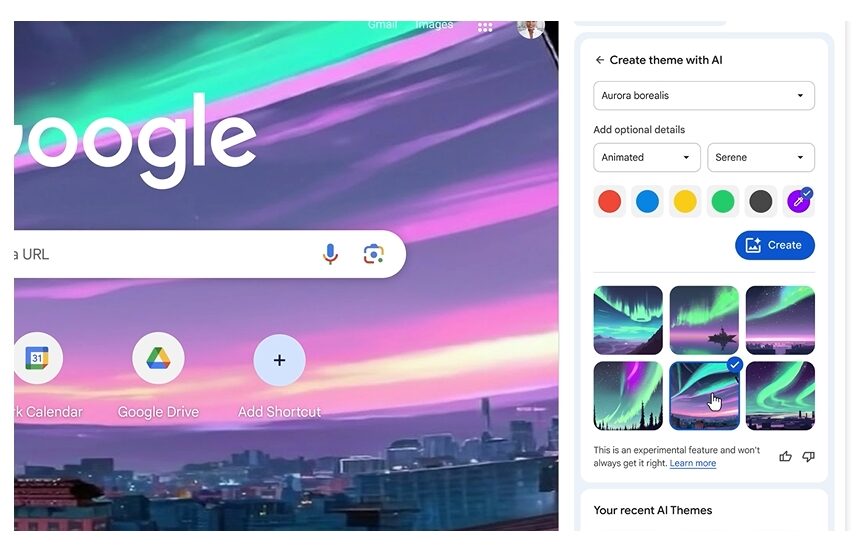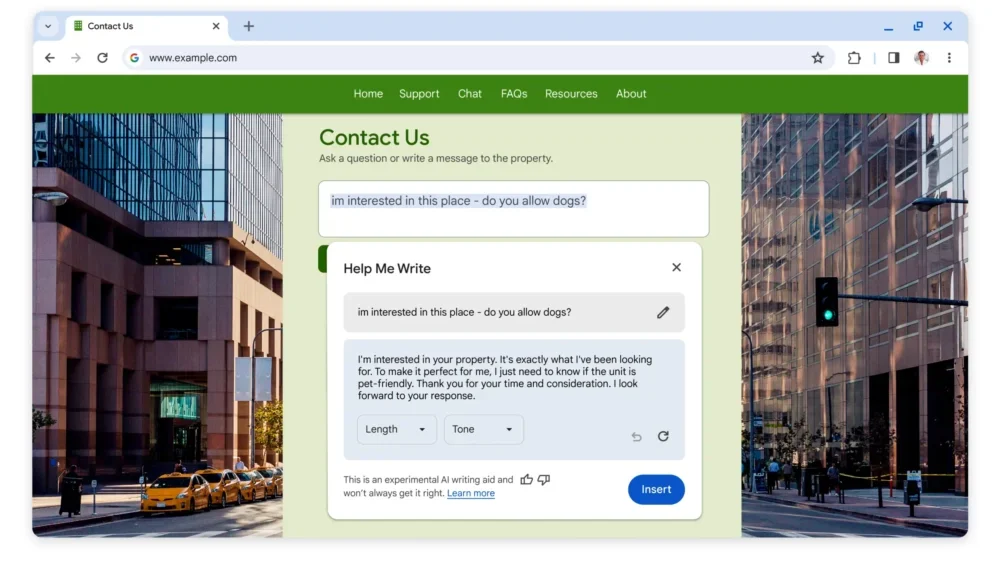Google Chrome’s earlier leaked features have finally become official through the latest (M121) update, which brings a total of three brand-new generative AI features that make tab organization and writing emails easier.
The first feature on the list is Tab Organizer, which, as the name says, is able to put similar tabs together in a group. Chrome users could previously group tabs with manual selection, but that is no longer necessary. This should help professionals and students find relevant tabs more easily while working on multiple projects at the same time.
Here is what it looks like.

This feature can be accessed through the “Organize Similar Tabs” option found after right-clicking tabs or through the drop-down menu in the top left corner of the browser. These groups can also be labeled with names and emojis so it’s easier to find them.
Generative AI themes have also been enabled as part of the new update, a feature introduced with Android 14 and the Google Pixel 8 series last year. This feature empowers users to tailor their browsing experience by creating custom designs. These designs can be fine-tuned based on specific themes, moods, visual styles, and color preferences, offering a new level of personalization for the browser.
To craft a new theme, simply navigate to the “Customize Chrome” sidebar, select “Change Theme”, and then choose the “Create with AI” option.

Last but not least, Google is adding “Help me write” as part of its experimental AI features next month, letting users write text with AI suggestions. According to Google, this can be used to write professional emails, letters, restaurant reviews, party invitations, etc.
To use this, simply right-click a text box and click “Help me write.”

These features will roll out to Google Chrome on Windows and Mac computers over the upcoming days in the US. They will not be available to business and education accounts for the time being since they are only experimental features.
Google also has plans to introduce more AI and machine learning features later this year, including a full-fledged integration of its Gemini AI model.
More details can be found in Google’s blog post.






